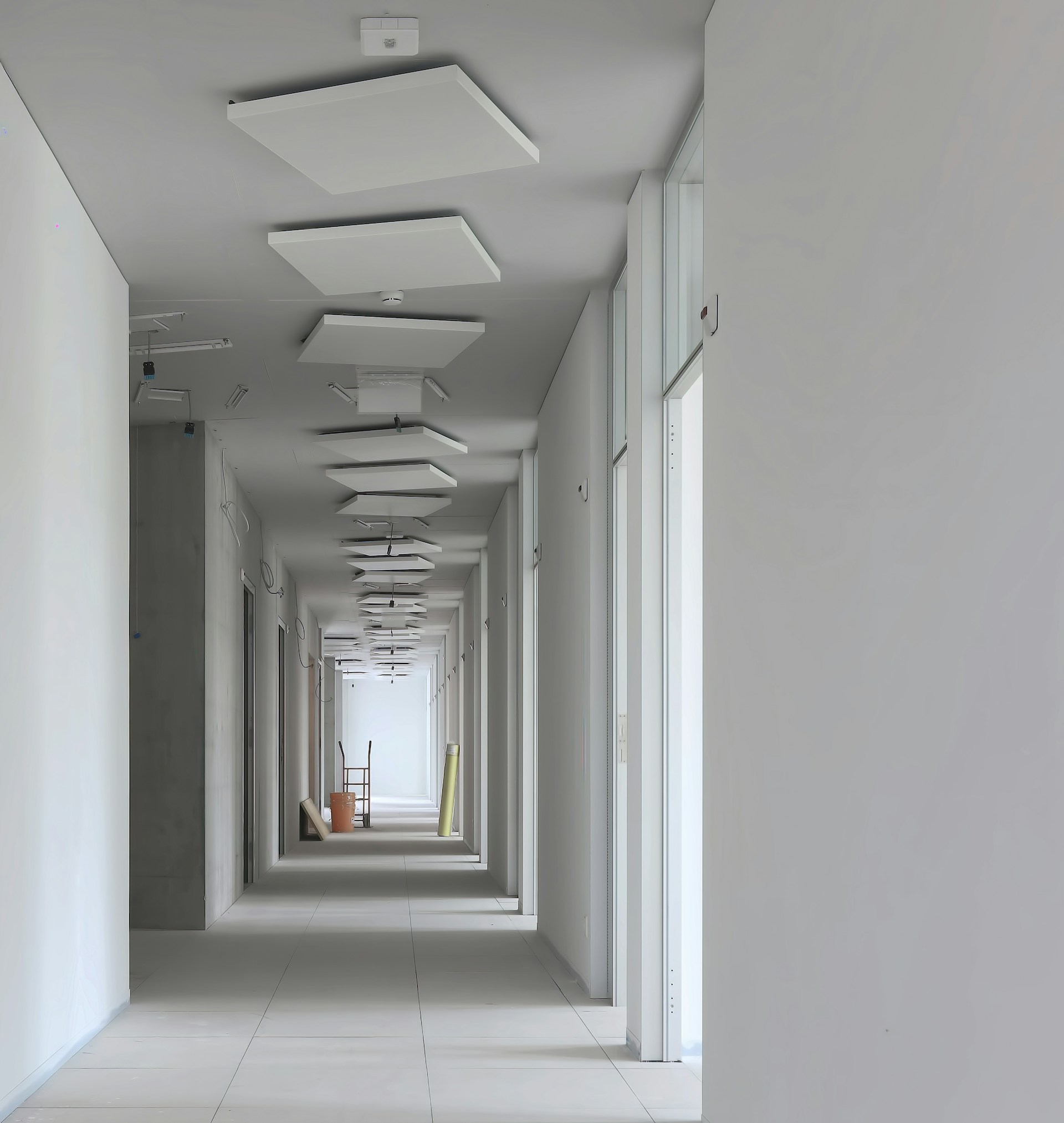Construction walls are the backbone of any structure, providing support, enclosure, and defining the spaces within a building. In Canada, with its diverse climate and stringent building codes, the construction of walls requires careful consideration of several factors.
Common Types of Construction Walls in Canada:
-
Wood Frame: This is the most common type of wall construction in residential and light commercial buildings across Canada.
- Studs: Vertical wood members (typically 2x4s or 2x6s) provide the structural support.
- Sheathing: A layer of plywood or oriented strand board (OSB) covers the studs, providing strength and a surface for exterior finishes.
- Insulation: Placed within the wall cavity, insulation helps to maintain comfortable indoor temperatures and reduce energy costs.
- Air Barrier: A continuous layer that prevents air leakage, crucial for energy efficiency.
- Exterior Finish: This can include siding (vinyl, wood, brick), stucco, or other materials.
-
Concrete: Used in high-rise buildings, commercial structures, and foundations, concrete walls offer exceptional strength and durability.
- Reinforced Concrete: Concrete reinforced with steel bars (rebar) provides high strength and resistance to seismic activity.
- Precast Concrete: Concrete elements are manufactured off-site and then assembled on-site, speeding up construction.
-
Masonry: Brick and block walls are popular for their aesthetic appeal and durability.
- Brick Veneer: A thin layer of brick applied to a wood frame wall for visual appeal.
- Concrete Block: Offers excellent sound insulation and fire resistance.
Key Considerations for Canadian Construction:
- Climate: Canada's climate demands energy-efficient walls. Proper insulation, air sealing, and high-performance building materials are essential.
- Building Codes: Canadian building codes are stringent and aim to ensure the safety and energy efficiency of structures.
- Seismic Activity: In areas prone to earthquakes, walls must be designed to withstand seismic forces.
- Moisture Control: Proper drainage and waterproofing are crucial to prevent moisture damage.
Modern Trends in Wall Construction:
- High-Performance Walls: Incorporating advanced insulation, air barriers, and high-performance windows to minimize energy loss.
- Prefabrication: Increasing use of prefabricated wall panels for faster construction and improved quality control.
- Sustainable Materials: Utilizing eco-friendly materials such as recycled content and sustainably sourced wood.
Conclusion:
Construction walls are a critical component of any building in Canada. By understanding the various types of wall construction, considering the specific needs of the project, and adhering to building codes, builders can ensure the safety, durability, and energy efficiency of their structures.
Disclaimer: This information is for general knowledge and informational purposes only and does not constitute professional advice.
I hope this information is helpful!

